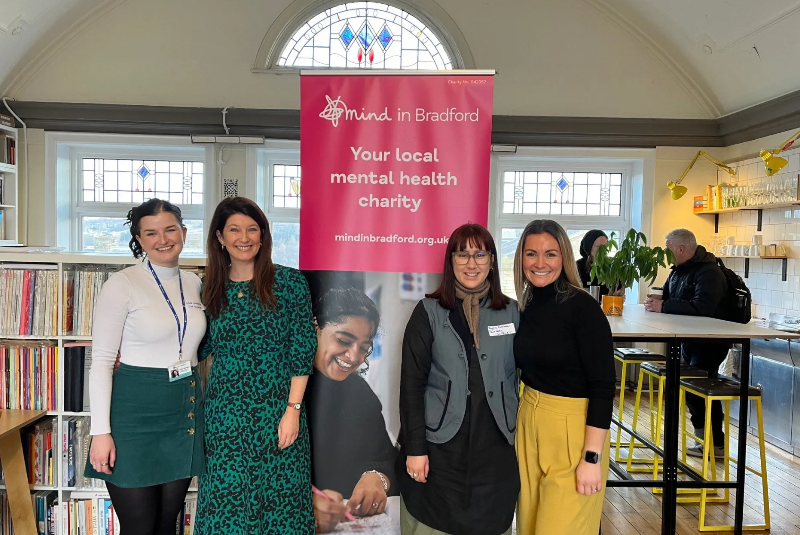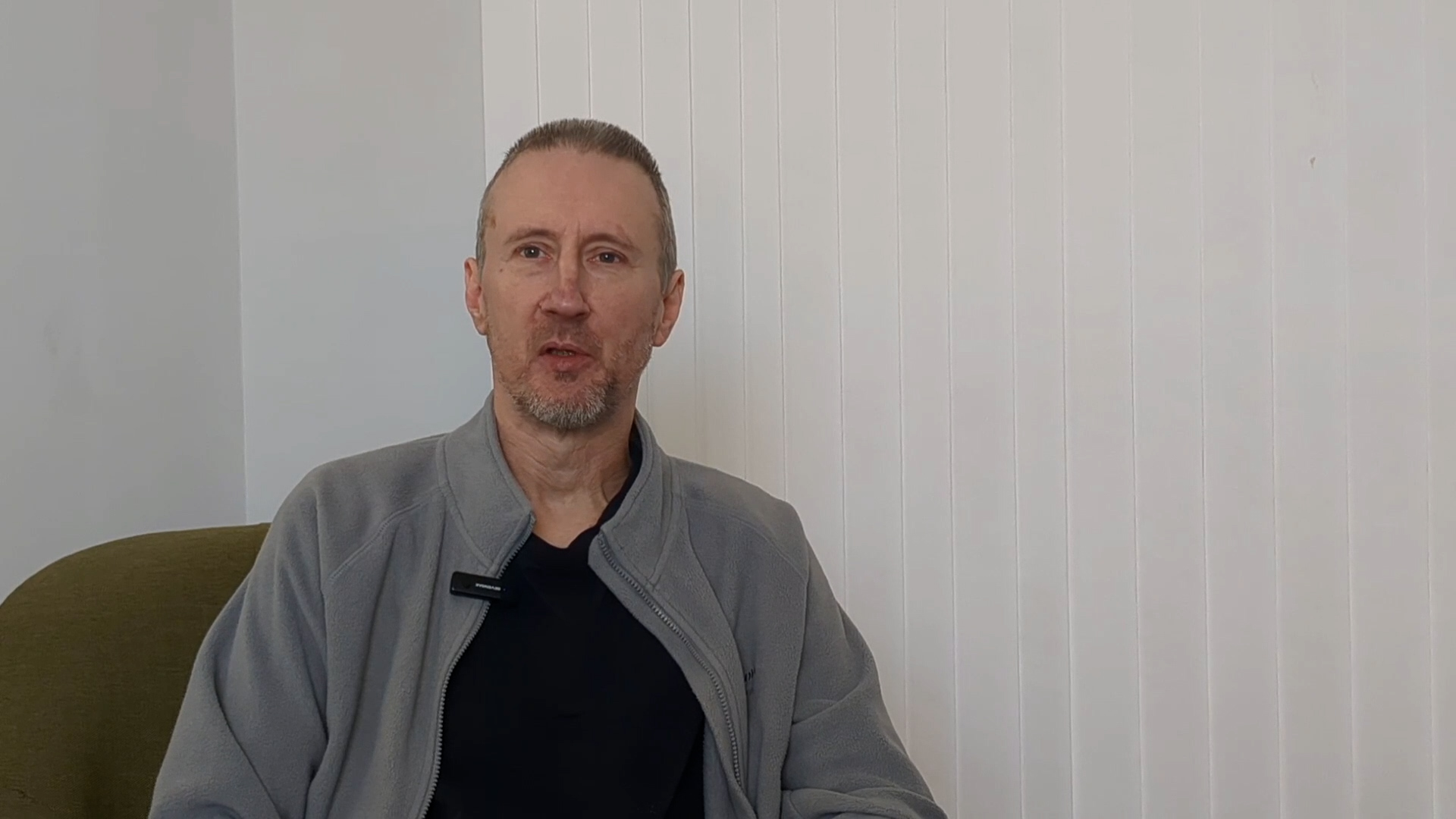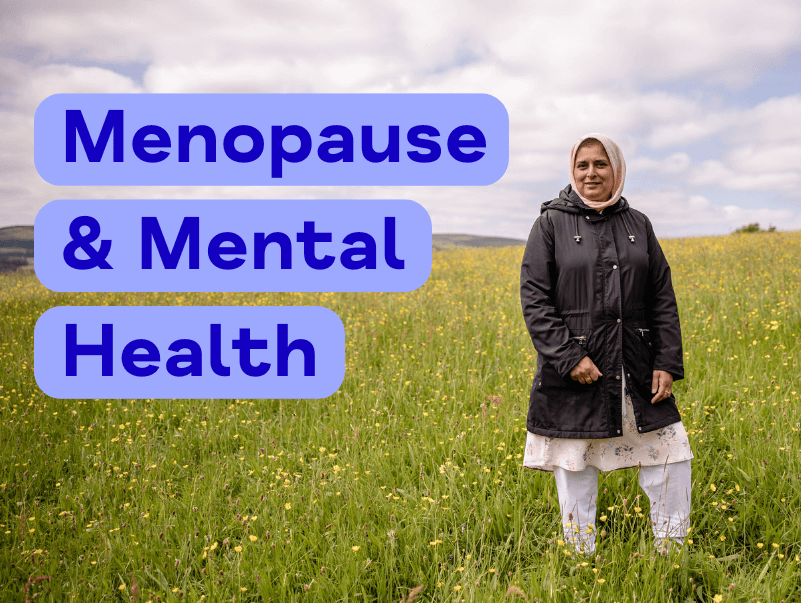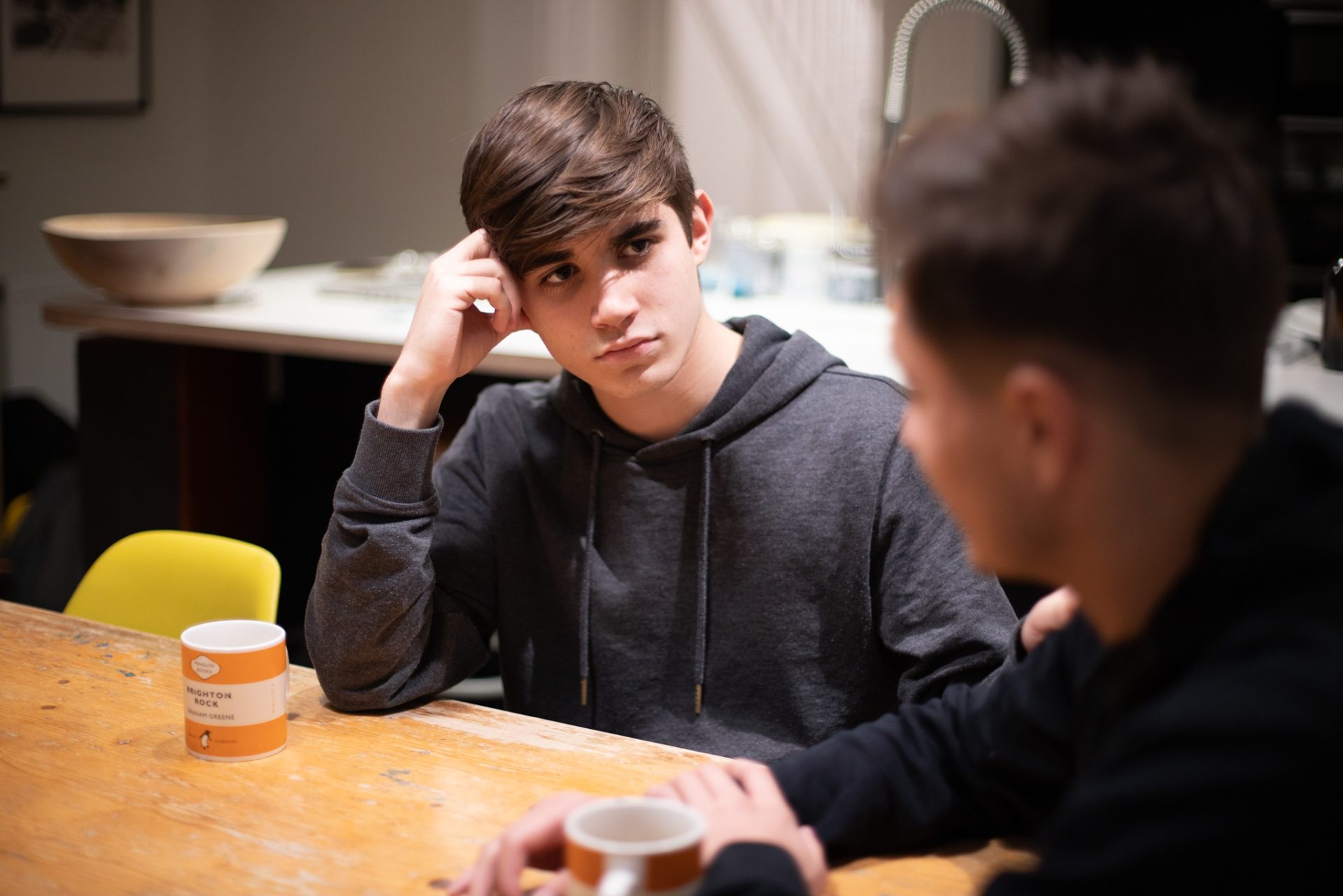Mind Your Business
Mind Your Business is a monthly networking event for businesses and professionals who are passionate […]
Compared to 97% of 25 to 34-year-olds and 67% of the 65+ age group. 98% of active social media users log on to their accounts through mobile phones (Source: 2022 Ofcom Adults’ Media use report).
Social media is a great way to keep in touch with friends and family. It connects you with others that have similar experiences or hobbies. It’s a way to share special times with those you care about but don’t see often.
There are also times when you can’t keep away from it and it can start to get you down. You might be feeling overwhelmed, anxious or unable to switch off. It’s something that all of us experience and you are not alone.
Thankfully, there are ways to make your time on social more positive.
Have a mood check before using social media and think about whether it’s going to make you feel better or worse. If you’re not feeling great then make sure you head straight to content that will make you smile and leave you feeling more positive.
Have a think about the people and pages you follow. Which ones leave you feeling positive? Which ones make you feel good about yourself?
Fill your feed with things to uplift your mood. Whether it’s cute puppy photos, a mental health vlogger that inspires you or some slapstick comedy to make you laugh.
Unfollow any friends or influencers that are making you feel insecure. People only put out a snapshot of what they want you to see and that perfect diet, body shape or lifestyle is usually not real life.
Making sure that you have positive people around you online is just as important as offline.
If you are being bullied online, it’s important that you get help straight away. There are a number of things you can do to get help:
You can also contact our Know Your Mind service to find out about support for young people aged 8-19.
Finding out how many times a day you pick up your phone or how much time you spend on social media and other apps is easy. If you have Apple, use the monitoring app Screen Time or for Android, go to Digital Wellbeing under Settings. You can set yourself timers and daily limits.
Having a detox from your socials isn’t as hard as it sounds and you might be surprised at how much better you feel. You don’t have to get rid of your socials indefinitely, just find what works for you.
You could also keep a journal to track your progress and write down how you feel. If you have felt much better then you could increase the time you spend away from your socials.
Try to fill your time doing more of the things you enjoy and add in activities where you will be less tempted to check your socials. How about playing board games, having a film night with friends or trying a new physical activity? Maybe you could take up a new hobby or class such as singing, painting or crochet.
Scrolling through your feed can easily become addictive and can bring on feelings of anxiety and depression. If it’s having a negative impact on your mental health or relationships, then it’s time to get some support.
Some signs that you might be addicted are:
“Many children and young people are constantly bombarded with unrealistic body goals promoted by celebrities and influencers on an ever-increasing number of social media platforms. Filters and airbrushing means young people are aspiring to look like something that has been generated by a computer and in addition they begin to hate themselves and the way they look for falling short of this level of ‘perfection’. This anxiety can become so intense that children and young people do not want to be seen and refuse to leave the house or attend school for fear of being ridiculed or judged.
“If you’re feeling this way, please reach out. We are here to support you.”
– Chloe Eagle, Children and Young People’s Community Wellbeing Worker @ Know Your Mind
If you need some extra support take a look at our support for you page to see how we can help you:
Remember, Mind in Bradford is always here for you so please reach out, whenever you need us.
If you’re from outside the Bradford and Craven area then find your local mind here.
Author: Joanne Royston
Posted on: 26th October 2022

Mind Your Business is a monthly networking event for businesses and professionals who are passionate […]

After struggling with severe OCD, Neil was referred to Mind in Bradford’s Community Companions service, […]

Every woman will experience menopause and mental health, but how do they impact each other? […]

Eating Disorders Awareness Week is an annual campaign, created to educate and inform everyone about […]
To hear all about Mind in Bradford’s services, events, latest news and how you can get involved in our projects and fundraising activities, please fill in the form below.
Your privacy is important to us, we keep your information safe and we will never sell or swap your details for marketing purposes. You can easily unsubscribe from emails at any time using the link at the bottom of the email, or by contacting [email protected] Please see our privacy policy for more details.